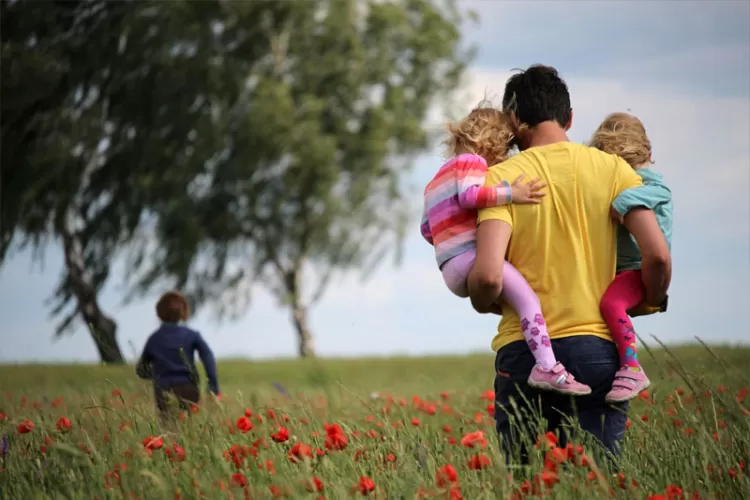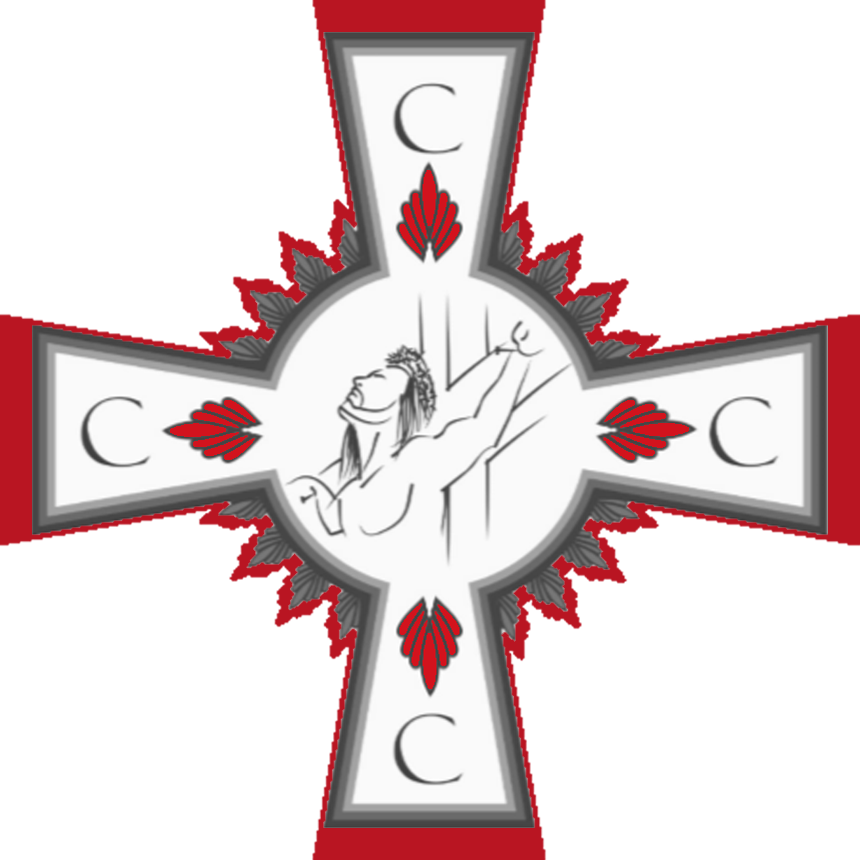
Fathers Day Reflection, Part 1
Father’s Day Reflection (Part 1)
JUNE 8, 2025. Next Sunday, June 15th, we will be celebrating Father’s Day, and we want to accompany our families so that they may celebrate this day with a more Christian than worldly conscience. We have chosen Pope Francis’ reflections to instruct us on fatherhood. You can find these catecheses in full on the Web. Here I “cut” and link the ideas that seemed most important to me and, sometimes, I add a commentary on them. The Pope’s words will be in italics, and ellipses (...) will indicate some interruptions.
Father” is a word known to all, a universal word.
Today we allow ourselves to be guided by the word “father” ... it is the name by which Jesus taught us to call God: Father (Mt 6, Lk 11). The meaning of this name has received new depth precisely from the way in which Jesus used it to address God and express his special relationship with Him (Abba, which means “dad,” “daddy”). The blessed mystery of the intimacy of God, Father, Son, and Spirit, revealed by Jesus, is the heart of our Christian faith. “Father” is a word known to all, a universal word. It indicates a fundamental relationship whose reality is as old as human history. However, today it has been argued that our society is a “society without fathers.” In other words, particularly in Western culture, the figure of the father is symbolically absent, vanished, removed. It is a real absence due to the neglect of the upbringing and education of the child who is conceived, or because the father becomes so absorbed in work that he neglects the coexistence and education of his children.
At first, the matter was perceived as a liberation: liberation from the father-boss, from the father as the representative of the law imposed from outside, from the father as the censor of the children’s happiness and an obstacle to the emancipation and autonomy of young people. However, this “emancipation” from the necessary relationship with the Father is not sensible; it leads to “picking the fruit, not yet ripe,” with the logical consequences of “anemia” in the children’s personalities.
...it is not easy to raise a child in freedom.
Indeed, in the past, authoritarianism sometimes reigned in our homes, in some cases even abusive: parents who treated their children like servants, not respecting the personal demands of their growth; parents who did not help them embark on their own path freely—it is not easy to raise a child in freedom; parents who did not help them assume their own responsibilities for building their personal and social future. This, of course, is also a serious deficiency that can be passed on from generation to generation.
To reflect on:
- Do I speak to my children about Our Father in heaven?
- Am I the “first Father” in the family, or do I refer primary fatherhood to God the Father?
- Do I allow people to see that I am the father, but that there is also a Father of all, “Our Father”?
- How do I evaluate my presence as a father in my family: strong, intense, faint, faint, imperceptible...?
- What is my authority like with my family members: dictatorship; anarchy; absence; firm presence; loving; gentle and firm; clear and confident; reasonable; imposing; threatening; unpredictable; diffuse; delegated almost entirely or entirely to Mom...?
